"Mind Games: Puzzles and Brain Teasers for Cognitive Fitness"
Exercising the Mind and Enhancing Mental Agility through Engaging Mind Games
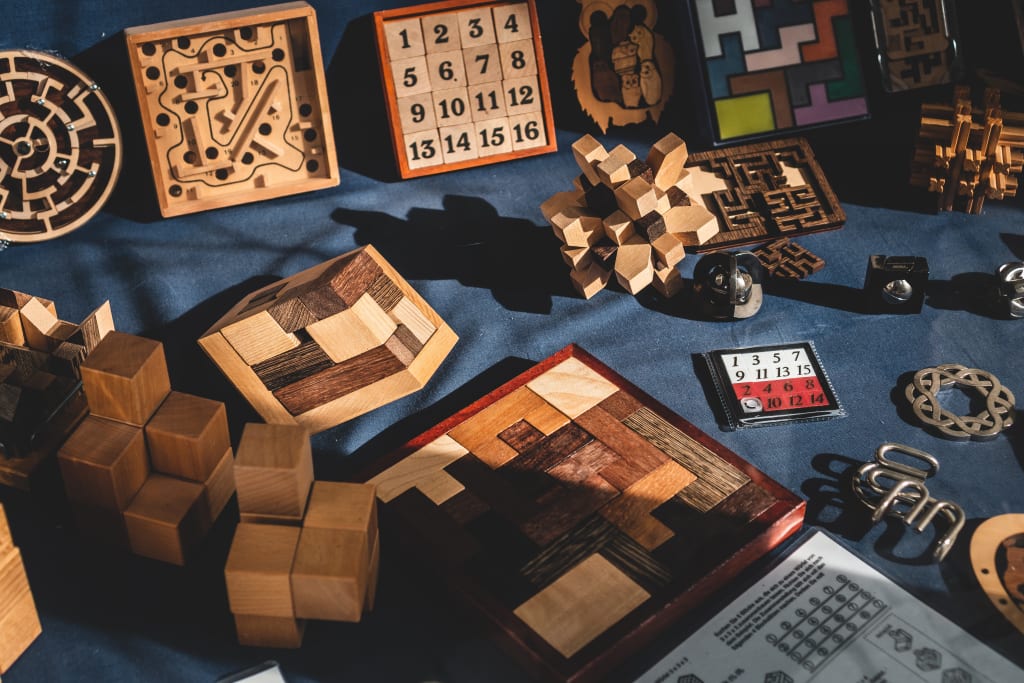
"Mind Games: Puzzles and Brain Teasers for Cognitive Fitness" is an article that explores the benefits of engaging in puzzles and brain teasers for cognitive fitness. It highlights how these activities can stimulate the brain, improve cognitive function, and provide enjoyment. Here's an elaboration on the key points covered in the article:
1. Introduction to Puzzles and Brain Teasers: The article begins by introducing puzzles and brain teasers as activities that challenge the mind and require problem-solving skills. It explains that these activities come in various forms, such as crossword puzzles, Sudoku, riddles, logic puzzles, and visual puzzles.
2. Cognitive Fitness: The article discusses the concept of cognitive fitness, which refers to the health and vitality of the brain. It explains that engaging in puzzles and brain teasers can help maintain and enhance cognitive function, including memory, attention, problem-solving, and reasoning skills.
3. Memory Enhancement: The article emphasizes the memory-enhancing benefits of puzzles and brain teasers. It explains that these activities require individuals to remember and recall information, stimulating memory processes and improving both short-term and long-term memory abilities.
4. Problem-Solving and Critical Thinking: The article highlights how puzzles and brain teasers sharpen problem-solving and critical thinking skills. It explains that these activities present individuals with challenges that require analytical thinking, logical reasoning, and the ability to think outside the box. Regular engagement in puzzles and brain teasers can improve these cognitive abilities.
5. Mental Agility and Flexibility: The article explores how puzzles and brain teasers promote mental agility and flexibility. It explains that these activities encourage individuals to consider multiple perspectives, try different approaches, and adapt their thinking strategies. This flexibility of thought enhances cognitive flexibility, creativity, and adaptability.
6. Focus and Concentration: The article discusses how puzzles and brain teasers help improve focus and concentration. Solving puzzles requires sustained attention and concentration on the task at hand, helping individuals train their ability to stay focused for longer periods and block out distractions.
7. Stress Relief and Relaxation: The article highlights the stress-relieving benefits of puzzles and brain teasers. Engaging in these activities can provide a break from daily stressors, allowing individuals to focus their attention on a mentally stimulating and enjoyable task. This diversion can help reduce stress levels and promote relaxation.
8. Enjoyment and Entertainment: The article emphasizes the enjoyment and entertainment factor of puzzles and brain teasers. Solving challenging puzzles can be an engaging and pleasurable activity, providing a sense of accomplishment and satisfaction when successfully completed. The enjoyment aspect encourages individuals to continue engaging in these activities regularly.
9. Lifelong Learning and Cognitive Reserve: The article explores how puzzles and brain teasers contribute to lifelong learning and the concept of cognitive reserve. Regular mental stimulation through these activities can build cognitive reserve, which refers to the brain's resilience and capacity to cope with age-related cognitive decline. Engaging in puzzles and brain teasers throughout life can contribute to cognitive well-being and potentially reduce the risk of cognitive decline.
10. Accessibility and Variety: The article concludes by highlighting the accessibility and variety of puzzles and brain teasers. It explains that these activities can be easily accessed through books, websites, mobile apps, and social groups. The wide range of options allows individuals to choose puzzles that suit their preferences and provide a continuous challenge.
Overall, the article emphasizes the benefits of engaging in puzzles and brain teasers for cognitive fitness. By incorporating these activities into one's routine, individuals can improve memory, problem-solving skills, focus, and mental agility. Additionally, the enjoyment and entertainment provided by puzzles and brain teasers make them an accessible and engaging way to stimulate the mind and maintain cognitive well-being.
There are numerous mind games that are popular and suitable for all ages. Here are some examples:
Sudoku: Sudoku is a number puzzle game that challenges logical thinking and problem-solving skills. It involves filling a grid with numbers, following specific rules, and ensuring each row, column, and region contains all the digits from 1 to 9.
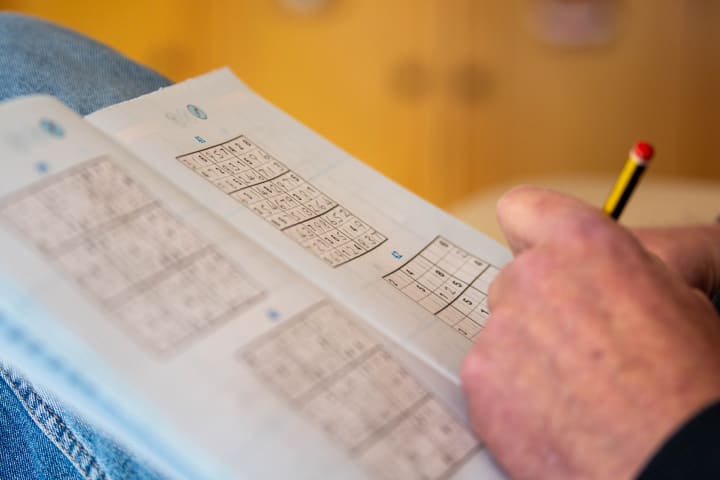
Crossword Puzzles: Crossword puzzles test vocabulary, general knowledge, and wordplay. They involve filling in words based on given clues, forming intersecting words horizontally and vertically within a grid.
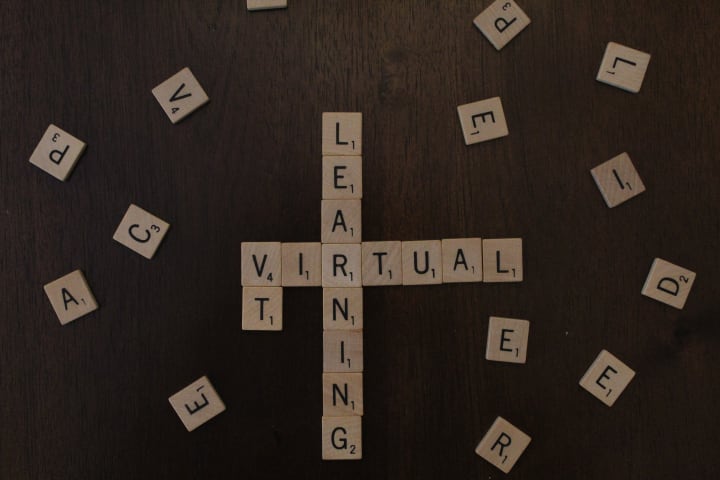
Jigsaw Puzzles: Jigsaw puzzles are a classic form of entertainment that involves assembling interlocking pieces to create a complete picture. They help improve spatial reasoning, concentration, and patience.

Chess: Chess is a strategic board game that challenges critical thinking and decision-making skills. It involves outmaneuvering your opponent, planning ahead, and anticipating their moves.
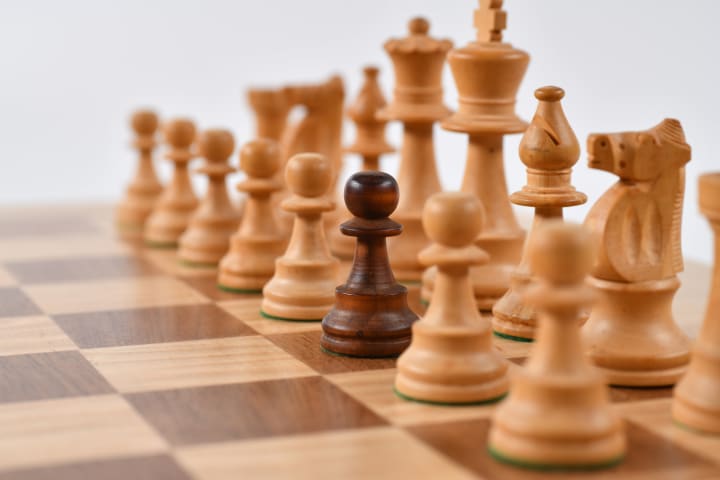
Word Search: Word search puzzles require finding hidden words within a grid of letters. They enhance vocabulary, pattern recognition, and visual scanning skills.

Memory Games: Memory games, such as matching cards or sequences, enhance memory retention, concentration, and cognitive skills. Players must remember the location of cards or the order of a sequence to win.
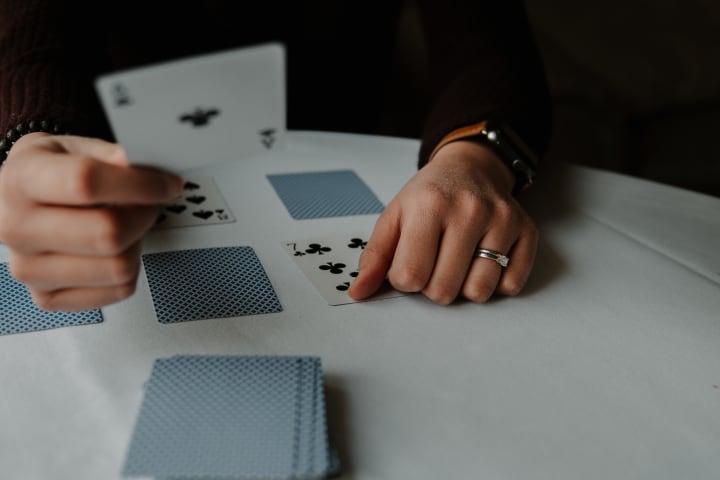
Brain Teasers: Brain teasers are puzzles that require creative thinking and problem-solving. They often involve riddles, logical reasoning, and lateral thinking, challenging the mind to find unique solutions.
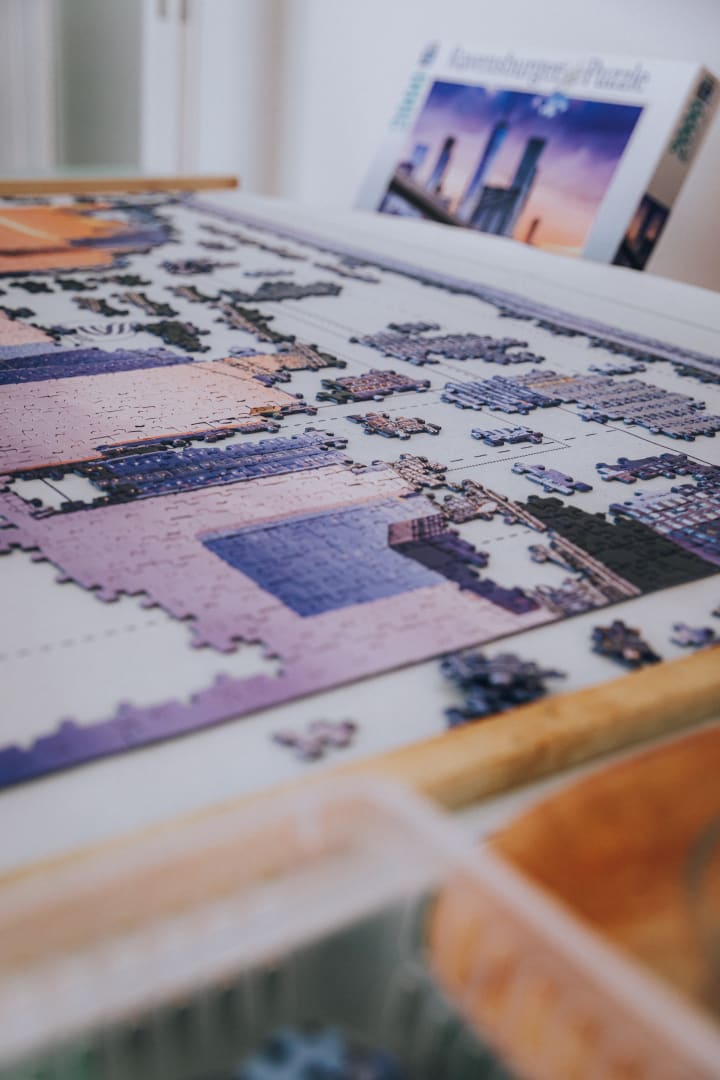
Rubik's Cube: The Rubik's Cube is a three-dimensional puzzle that tests spatial awareness, pattern recognition, and problem-solving. The goal is to rotate the cube's sections until each side displays a single color.
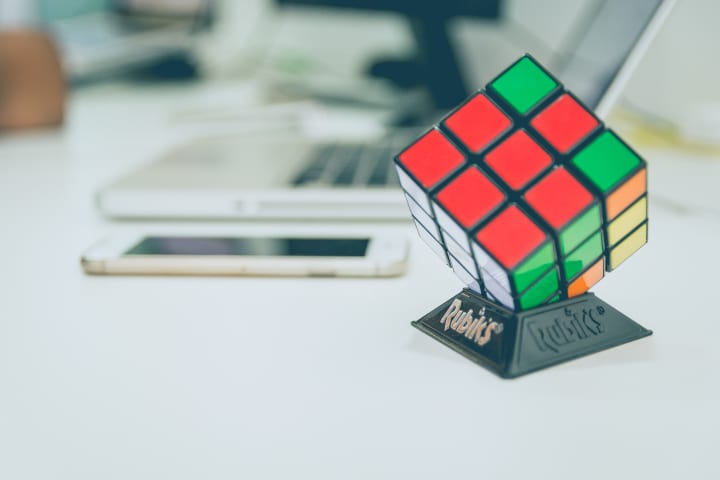
Trivia Games: Trivia games test general knowledge across various subjects. They provide a fun and educational way to engage with facts, history, and popular culture.

Strategy Board Games: Strategy board games like Settlers of Catan, Ticket to Ride, or Risk challenge players to make strategic decisions, negotiate, and compete. These games stimulate critical thinking, planning, and social interaction.
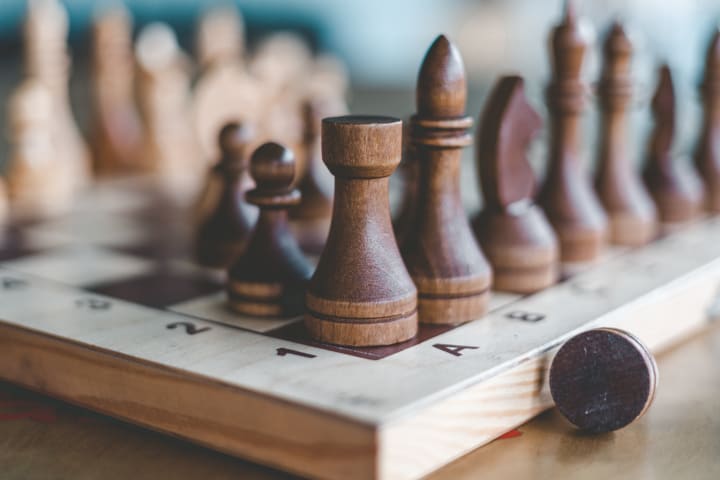
These mind games offer mental stimulation, entertainment, and the opportunity to challenge and improve cognitive skills. They can be enjoyed individually or with friends and family, providing a fun way to exercise the mind and promote lifelong learning.
About the Creator
Jorelyn M. Macasadog
My aim is to captivate the audience, spark their imagination, or provide a form of escapism from daily life. I used articles as a platform to share their personal experiences, insights, and lessons learned.






Comments
There are no comments for this story
Be the first to respond and start the conversation.